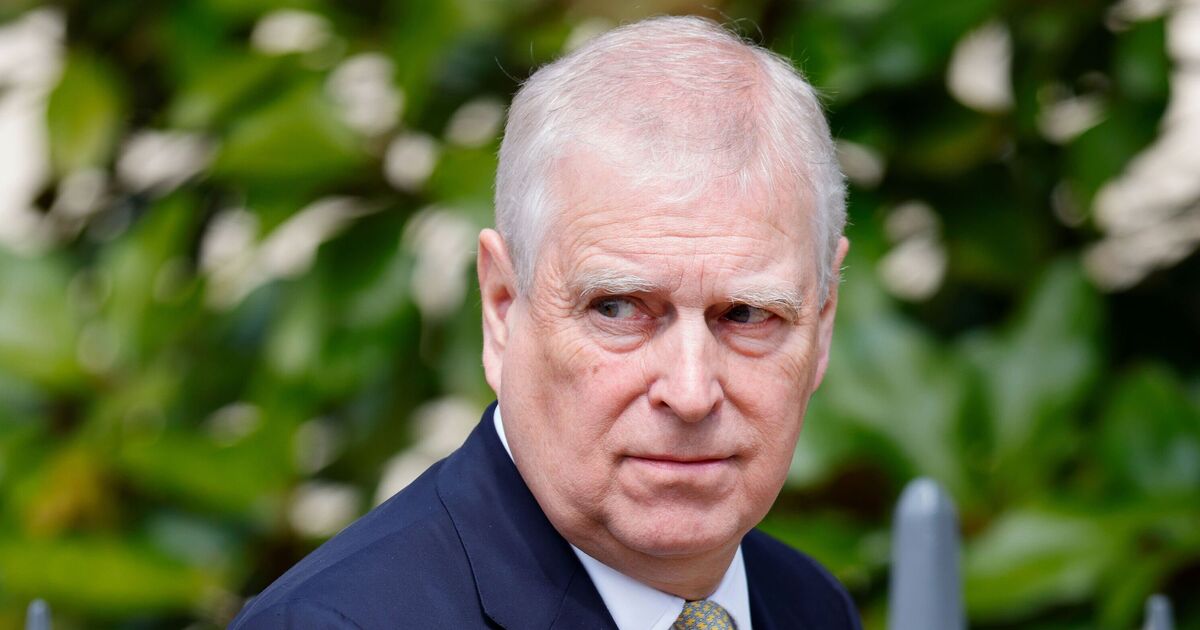While it was originally believed Andrew would never budge on this, and would instead insist on staying at The Crown Estate home he signed a 75-year lease for in 2003, it seems the tables have turned.
It is believed negotiations are now underway…

While it was originally believed Andrew would never budge on this, and would instead insist on staying at The Crown Estate home he signed a 75-year lease for in 2003, it seems the tables have turned.
It is believed negotiations are now underway…